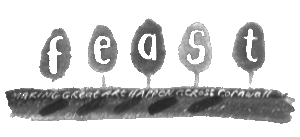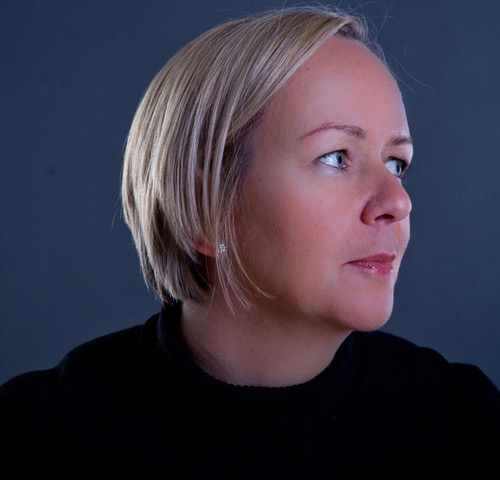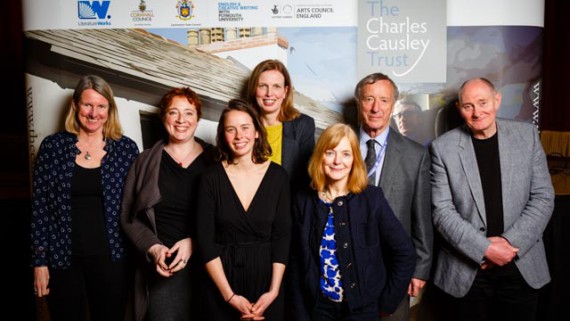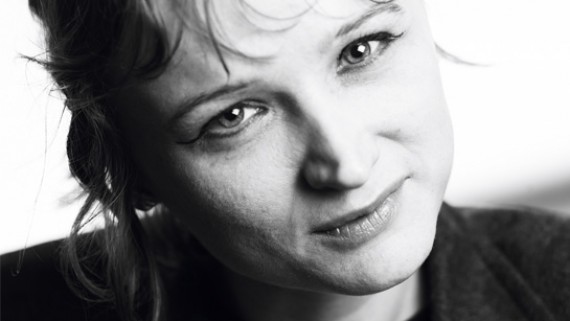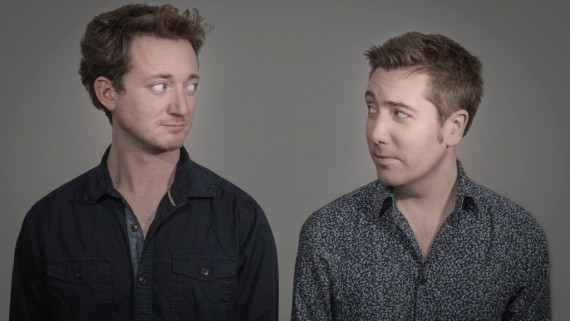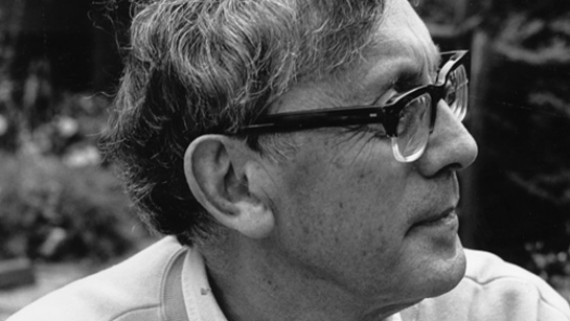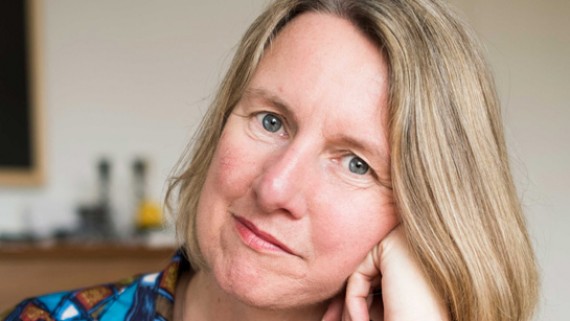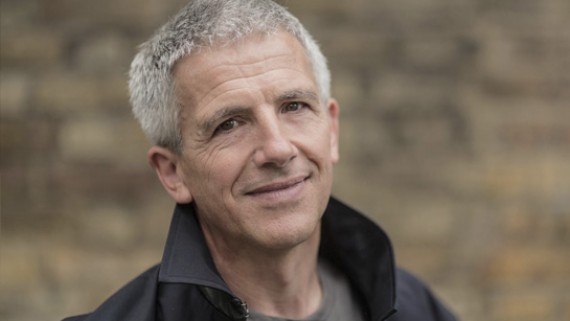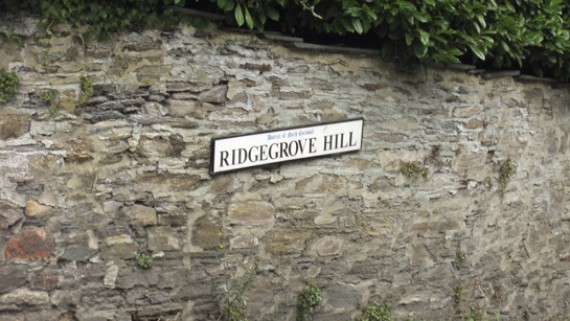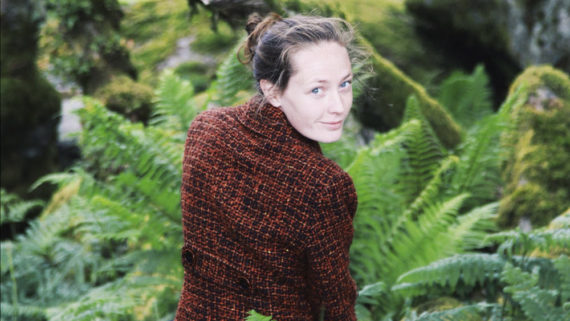After months of anticipation, we can finally reveal that the winner of the 2018 Charles Causley International Poetry Competition is Judy O’Kane from Ballymena in Northern Ireland with her poem entitled ‘Tasting Notes’. Congratulations to Judy who wins £2,000 plus a 1-week residency at Cyprus Well, Charles Causley’s former home.
Judy is a prose writer and poet. She worked the wine harvest in St Estèphe, Bordeaux on sabbatical from legal partnership in Dublin and her work explores terroir, wine’s sense of place. In 2017 she won the National Memory Day Prize and the Irish Post Prize, and was prize winner at Wells Festival of Literature and Guernsey Literary Festival. In 2015 she won the Listowel Writers Week Original Poem Prize. Her poetry is published in The World of Fine Wine, Landfall, and The North: The Irish Issue. Thirst, her non-fiction work-in-progress, was shortlisted for the Biographers’ Club Tony Lothian Award for best un-commissioned first biography. The judges described the work as ‘a quest in many registers, and a celebration of the mystery of wine. Written with verve and insight, it’s a very modern form of memoir, and one that leads its readers into many different worlds along the way.’ An extract, The Drawing Room, was published by the Manchester Review in December 2017. Judy holds an LL.B from Trinity College Dublin and an MA in Life Writing from UEA, where she is completing a PhD in Creative and Critical writing. She teaches advocacy at the Law Society of Dublin.
Twitter @judeokane
Tasting Notes
You put your hands together
to make a bowl
and I drink
cold water
from the bedroom tap,
my feet standing on yours; you fish
me out of the frozen pond in the forest
at Portglenone when the ice
disappears like the
Vanishing Lake; I wake you to come and see
the men who live in my curtains
and you tell me
about the fairies
who ski down the hill
on lollipop sticks; you bring home an envelope as long as the alphabet
full of felt tips that smell of every fruit you can imagine;
you map out the piano keys over the dining table.
Now our bulletins are transmitted
via Jancis Robinson: letters
of love funnelled through the Financial Times;
now I tell you about the monks who grew vines in the hills
at St. Vivant; I tell you about the forest at Cîteaux
where the crack rang out when the oak was
felled at our feet like a safari animal;
I tell you how coopers toast barrels
over flames that spark
like fireworks
as
your hands cup
the bowl of the wineglass.
In his feedback on the shortlisted entries, Sir Andrew Motion said;
“It was a pleasure to read the shortlisted poems: they covered a wide range of subjects, were set in an interesting variety of places, and had a pleasing variety of tone. The pieces I liked best were those in which a definite structure (of narrative or syntax) combined with a clear-eyed recovery of the present or the past. Also, given that all the poems were more-or-less conversational in tone and style, I felt most drawn to those which added something startling to intensify or disturb”.
Second Prize and £250 went to Jonathan Davidson with his poem “A Quadratic Equation”.
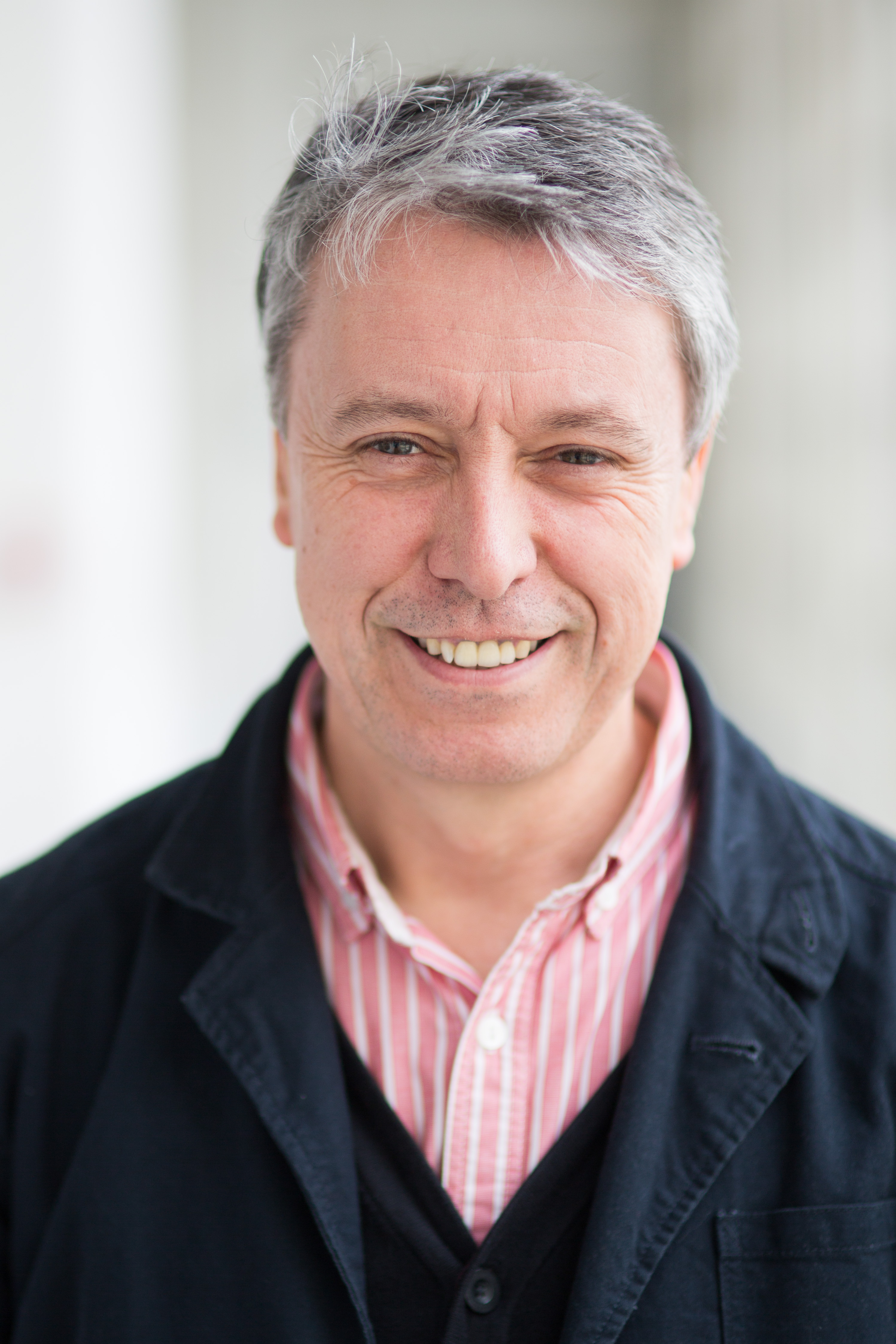
Jonathan Davidson was born in 1964 and grew up in the Didcot, South Oxfordshire. He lived for many years in Coventry and now lives in Birmingham. He won an Eric Gregory Award from the Society of Authors in 1990 and his first collection of poetry, The Living Room, was published by Arc Publications in 1994. This was followed, seventeen years later, by Early Train (Smith|Doorstop, 2011). He has also published three poetry pamphlets, most recently Humfrey Coningsby: Poems, Complaints, Explanations and Demands for Satisfaction (Valley Press, 2015), and an e-book Selected Poems (Smith|Doorstop, 2014). His combination of memoir and criticism, On Poetry, was published by Smith|Doorstop in 2018. He has had eight radio plays broadcast on BBC Radio Three and Radio Four, along with radio adaptations of Geoffrey Hill’s Mercian Hymns and W.S.Graham’s The Nightfishing on BBC Radio Three.
A Quadratic Equation
A dad and a daughter are solving a quadratic equation.
They are seeking the value of ‘y’ using the appropriate process,
beginning with factorisation. A solution is proving elusive;
they are outside the problem looking in at curtained windows.
Upstairs a son, who’s employed in the building trade, plays guitar,
despite the mathematical impossibility of ‘equal temperament’.
And a mum is in the front room working out the probability
of character ’a’ killing character ’b’ before the end of the episode.
The daughter and the son cross on the stairs. She is fractious
and has been sent to bed, while the dad puts in a couple more hours,
but to no avail. Whatever the value of ‘y’ they shan’t know tonight.
And perhaps ‘y’ has no value. Or perhaps it has many values.
Perhaps it is discovered in the dissonant chords that the son
untangles, or in the loaded silence between character ’a’
and character ‘b’ before the gun goes off, or perhaps it is simply
that which cannot be expressed although it is known to exist.
Third Prize and £100 went to Alex Howard for his poem “Shape-Shift”.
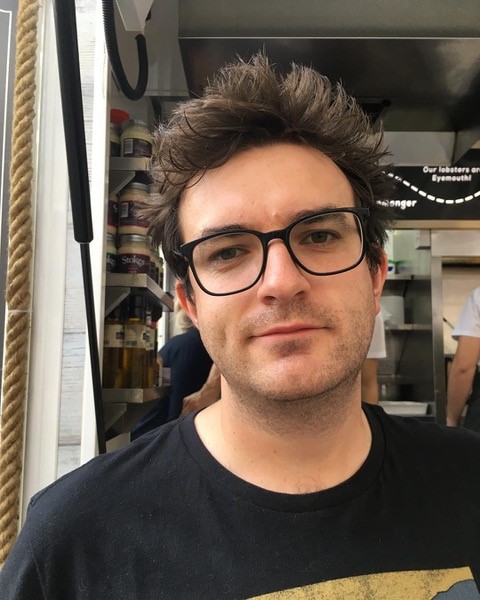
Alex is an author, poet and PhD graduand. His debut novel Library Cat (Black & White Publishing) has gone on to be an international bestseller, and has sold rights to Italy (Garzanti), Korea (Woongjin) and France (Éditions Bragelonne). It also won the Beryl Bainbridge First Author Award (People’s Book Prize) in 2017, and is the subject of an upcoming documentary. Alex’s poetry has been published widely in journals and magazines such as The London Magazine, Aesthetica and Gutter. It has also earned him shortlistings for the Melita Hume Prize (2018) and the Jane Martin Prize (2014). His poem ‘Long Distance’ won first place in the Red Cross International Writing Prize in 2011. He also enjoys performing his work, and has been invited to read at Rally & Broad, the Edinburgh International Book Festival and Hidden Door Festival. Alex recently underwent, and passed, his PhD viva on the subject of Philip Larkin’s poetics of place. As well as presenting his research, he has undertaken several other departmental roles at the University of Edinburgh including acting as a Research Assistant for AHRC-funded project Writing the North, and reading for the James Tait Black Memorial Prize. He currently teaches second year undergraduates.
Shape-Shift
Everything’s delicious this morning.
The brown snow-slush
churns like soft toffee under my feet.
The pigeons
have Jack Sparrow legs and even
they seem happy.
My god,
the taxi’s fumes
anoint me as I wait at the crossing.
The rumble
of an N-reg Vauxhall is operatic, ever noticed that?
The green man
flashes his frozen hike the moment my legs
start aching. Seriously,
what on earth is happening here?
I am the castle in midair
moated by still, platinum waters.
Any moment now
I’ll start thirsting back to
2014 as if it was
a good year and then I’ll know
I’m really screwed.
Yup, there we go – my brain
snags on the image
of that East Anglian psych ward
and even its walls
have been ruthlessly gilded.
This can’t last.
Eyes closed
I draw in the limpid air, feeling clean.
Beside me, a hotel foyer unfurls on a red carpet.
It is like my head.
Inside a band is tuning up,
Ready to start playing
hideous jazz.
In addition to the three main prize winners, there were five highly commended poets who each won a £30 prize. The highly commended poems were:
The Rocket House by Judy O’Kane
I woke
as a beam of light
streamed through the linen
curtain that trailed across the floor,
fell asleep
as the boats chugged
into the harbour, cutting their engines,
gliding in, finding their way in the half light.
I watched you
unroll nets and ropes; you never
wore sunglasses (or learned to swim). You went out
in wax overalls, and when there were choppers overhead
I was afraid
to turn on the radio
in the morning. When it rained,
it punctured the water, leaving tiny concentric circles,
and afterwards,
cobwebs hung, heavy with crystal beads.
In the evenings the sky went from pale to dark blue,
then pink, purple, and orange: the colours of a bruise healing.
There was something
intimate about looking on unobserved,
separated only by a sheet of glass, something sacred
about the ritual of the days, the sounds swirling up like incense.
I floated half-asleep
in a dream state, suspended
over the water. One night I woke
in the early hours and wandered over to the window.
A boat
was gliding
in, pulling across
the flat surface of the water, leaving a V in its quiet wake, like a bridal train.
Self-Portrait, with You and Elk by Patrick Errington
You’re not here yet. Or you were and have just slipped out
to get the post or open the curtains in the other room
so the dying philodendrons can get a little light. Either way,
you could be here any minute. Have been. For the time
being the birch bleeds across the lintel, wind wetted,
drying slow. Elk come and go, pressing noses to the glass,
a rasp and haze of breath reminding me how much lies
between, that atoms rattle, almost empty, that nothing quite
touches. Yet there are mornings I wake to the sound
of antler being shorn against the baseboards, the shriek
of vast bodies heaving against each other across the frost
at sunrise. What wonder we have art and syllables. I say
touches and that morning comes painted about me, brilliant
wash of tone, stone fact, a touch of artifice. But nothing
dries right. Smudging here and there. I can only guess
this is where you should go, asleep, light frailing your skin,
if only for this space where the sheets fade and fray off.
That might be my hand on your waist from that weft
in the canvas. And maybe not. Still, judging by the blue
flaying the pillow, your hair would be thrown antler-wide
given just a little more colour, another word. Linen, maybe,
fetlock or flax, rust, sorrel, rain – even words have stopped
working. You are every one of them. All you could be –
should be – but what you are. And somewhere in the dark,
elk are shaking hoarfrost from their hides, their hooves
tearing the frozen grass for nothing. What small wonder
I have hands, these means of leaving things unfinished.
Descent by Tista Austin
I was the one who went down mud steps
with the earthenware jar, returned
with the sound of water, thirst quenched,
lips slaked, and sweetness brimming.
Whatever lay in the cellar was hidden
by lines of charcoal under oaken boards
and my grandmother’s cornflower
pattern shawl pegged on the kitchen door.
The torch’s dying wand of amber
never lit on the yellow-beaked bird
trapped underground with sacks of flour,
amphoras and fruit amaranthine
caged out of the reach of ants.
No one
guessed the secret source, the song box buried
among roots like bloodlines; bright spring
unearthed its stiffened wings and silenced call.
Something sings like a lyre as the light goes out –
a trick of memory or a treacherous thought,
glances back at the road, lets slip the jar,
spills drops in the dust, moon-filled, undrunk.
Words for Absence by Mandy Pannett
There are words for this: Toxic. Caustic. Void.
They are soaring high or migrating through everyday sky
when they crash into the lake.
As it was for the pilot of a helicopter who, birdlike too,
mistook a bright reflection
for space
which, like a solid glass door, smashed him, corroding the plane.
This is Lake Natron with waters of soda and salt.
Immerse in it
and be calcified.
One hundred finches, chemically preserved and perfect,
lie along this shoreline,
huddled, desiccated, dead.
The photographer, on his way to somewhere else, stops.
Entranced, he positions skeletons on posts –
sea-eagle, finch, dove, bat, held
as if turned to stone, stark against daylight, feathery shadows
outlined in chalk.
A resurrection of sorts.
A way of becoming.
The lesser flamingo loves the marshes here.
Long legs may wade safely in the shallows, blooms of green algae (though
poisonous to most) are nourishment.
In a huge group of its kin the flamingo is private and remote –
for the moment that is, since there are many who would mine
soda ash, wreck its habitat and leave the bird exposed
to predators and starvation.
Today it thrives on pigment in the algae:
feathers transforming from carrot and autumn leaf
to a unique
and brilliant pink.
The Escaped by Amy Robinson
Alcatraz: the mugshot of a man
still at large since 1962
stares out, beside the head of smuggled soap,
a death-mask decoy pillowed in his bed
the night his spoon-dug tunnel squeezed him free.
I see him everywhere in San Francisco:
this grizzled head, that old man with the walker,
the busker in the subway playing the spoons,
disguised and undiscovered all this time.
Since that day, I notice the escaped.
Faces left on show like vacant shells,
they outslip cells, go loose.
I see them sipping coffee on their own,
enjoying the brief peace of pecan pie;
licking the jam spoon, tuned to birdsong,
staring at the sky, evading capture
one moment longer, striking out for home.
In addition to the prize winning poems, other shortlisted poets (whose poems made the final 20 but did not win a prize) were:-
Sarah Barr
Brendan Clifford
Paul Connolly
Stephen Dorfil
Patrick Errington
Christopher Gillett
David Hale
Nicola Healey
Christine MacFarlane
Abigail Price
Isobel Thrilling
John Wedgwood

